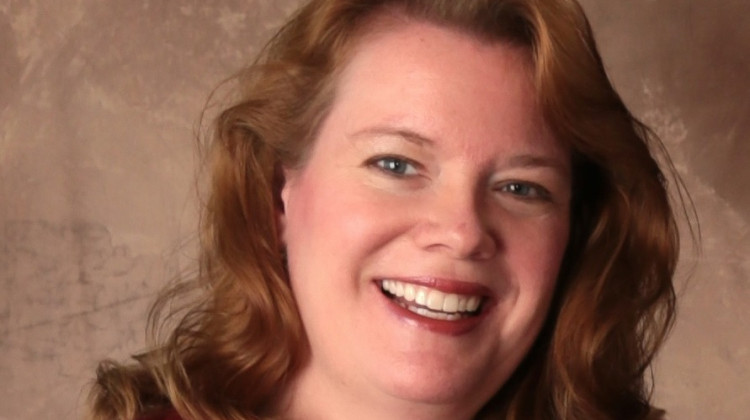
The House Education Committee unanimously passed HB1107 on Wednesday. It now heads to the full House for potential amendments and a vote.
(Lauren Chapman/IPBS)On the tails of Britney Spears’ release from her father’s conservatorship, Indiana lawmakers are considering legislation that could prevent people with disabilities from unnecessarily entering into similar arrangements.
House Bill 1107 addresses the “school-to-guardianship pipeline,” which references when school staff counsel parents to place their soon-to-be adult child into a guardianship.
Guardianships most often involve people with disabilities, the elderly, people recovering from an injury or medical condition, and people with severe mental illness. The person in a guardianship loses legal control of their financial and medical decisions.
Advocates say schools often warn parents that this step is necessary to remain privy to their child’s education and medical care.
But Indiana Disability Rights’ legal director Tom Crishon disagrees.
“That’s kind of an ill-informed statement,” Crishons said. “Given that there are a number of less restrictive alternatives, where the families can be involved still, but you're not removing all rights of the individual through a guardianship process.”
The wide-ranging bill would require schools to counsel parents on less restrictive alternatives, in addition to providing information about guardianships.
In recent years, there has been a growing shift toward less restrictive options that allow adults with physical or intellectual impairments more independence while providing them support for making decisions.
These supports can include parents, friends, social workers or paid support. The primary distinction is that the person with a disability retains the ability to make the final decisions.
In 2019, Indiana joined a handful of other states, including Delaware, Texas, Ohio and Wisconsin, to pass a law requiring judges to consider less restrictive alternatives to guardianships. However, it remains unclear how widely this has been implemented.
“People with significant disabilities have long been discriminated against, because people think that they [lack] the ability to make decisions,” said Derek Nord, director of the Indiana Institute on Disability and Community.
Dismantling the school-to-guardianship pipeline is a primary agenda item for disability rights advocates this legislative session, Kim Dodson, CEO of the Arc of Indiana, said in a November interview.
“Families come into the educational setting, very trusting that [schools are] going to do everything right by their students. And unfortunately, we have seen too many times where schools don't,” Dodson said. “And sometimes it can lead to very bad situations; and guardianship is one of those.”
The House Education Committee unanimously passed HB1107 on Wednesday. It now heads to the full House for potential amendments and a vote.
WFYI education reporter Lee Gaines contributed to this report.
This story comes from Side Effects Public Media — a public health news initiative based at WFYI. Follow Carter on Twitter: @carter_barrett.
 DONATE
DONATE






 Support WFYI. We can't do it without you.
Support WFYI. We can't do it without you.